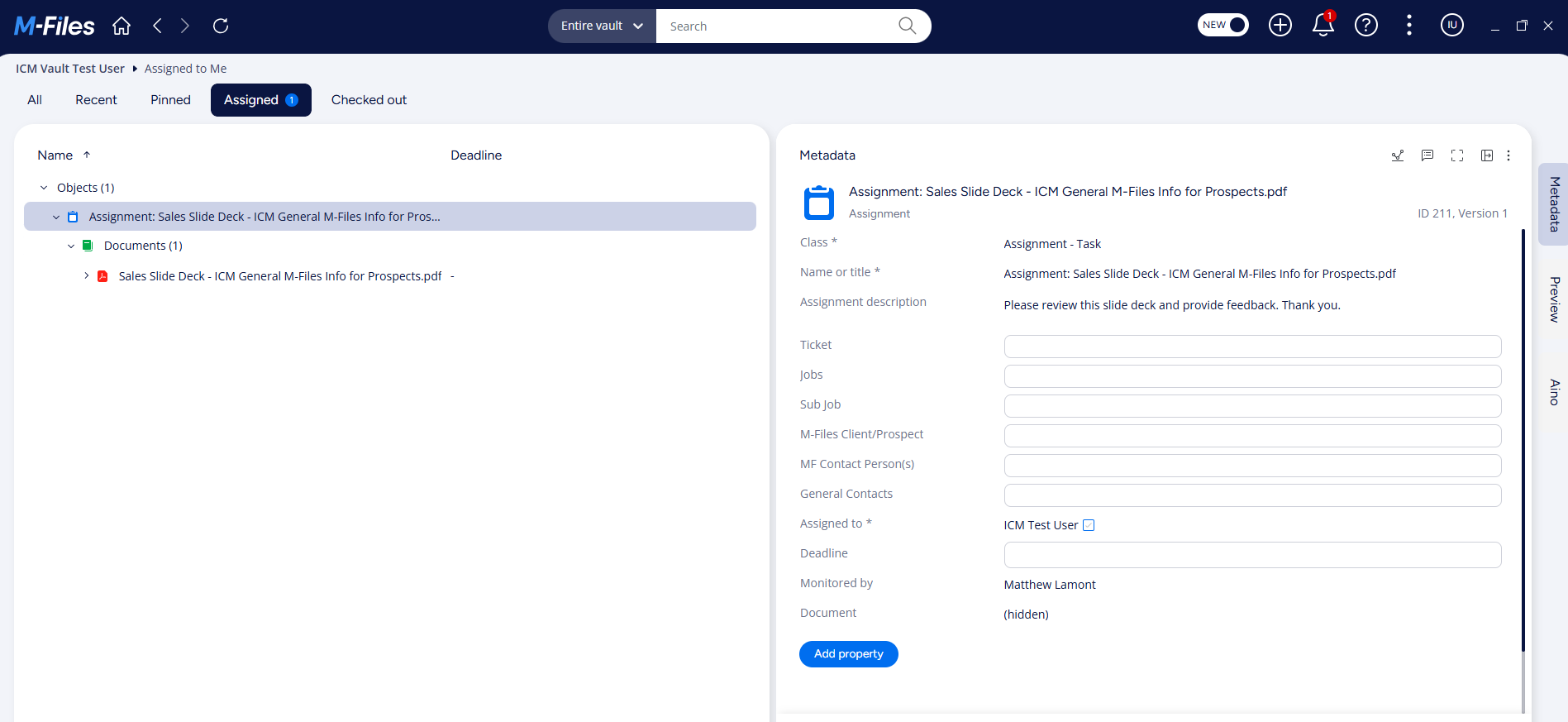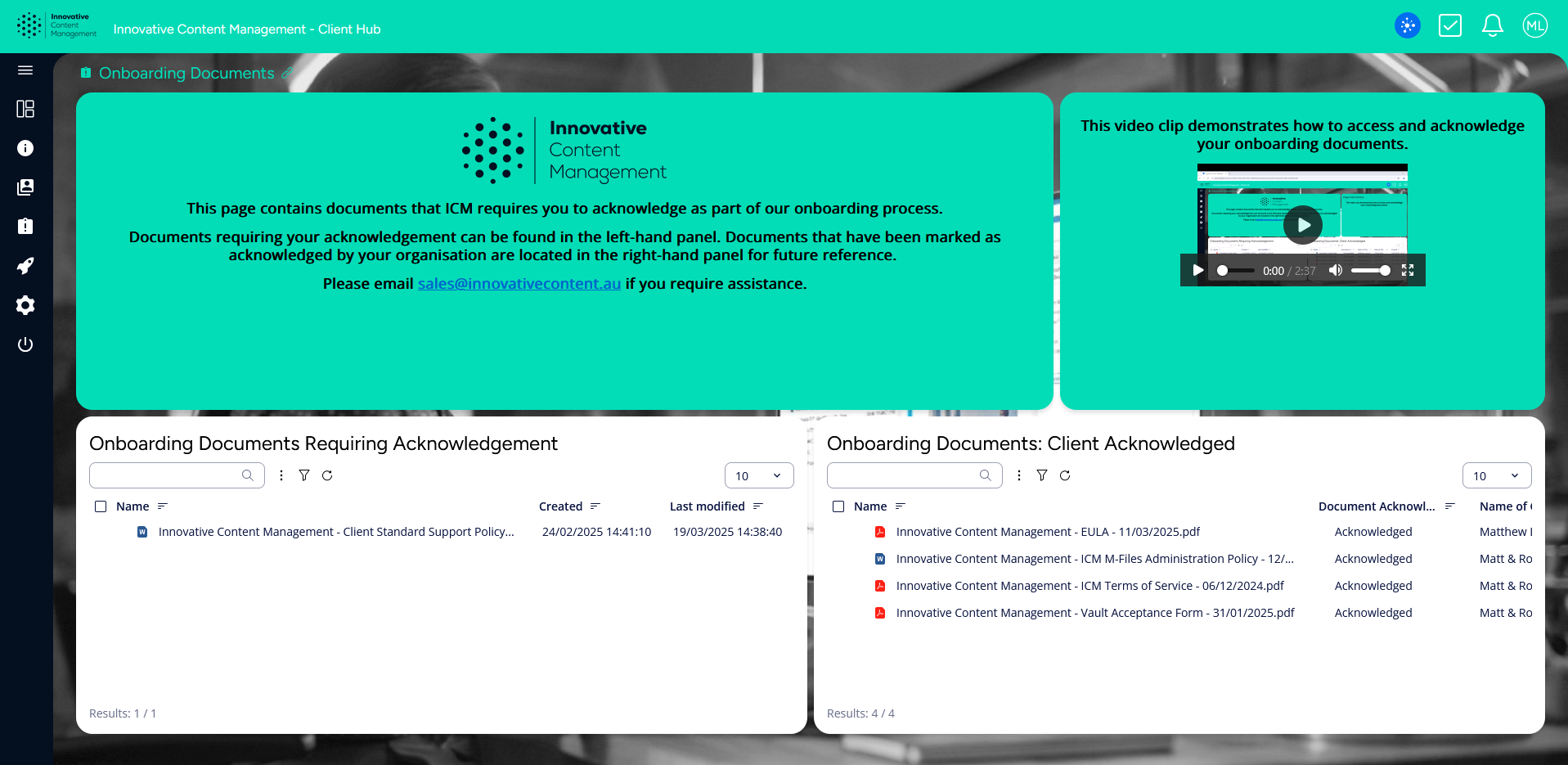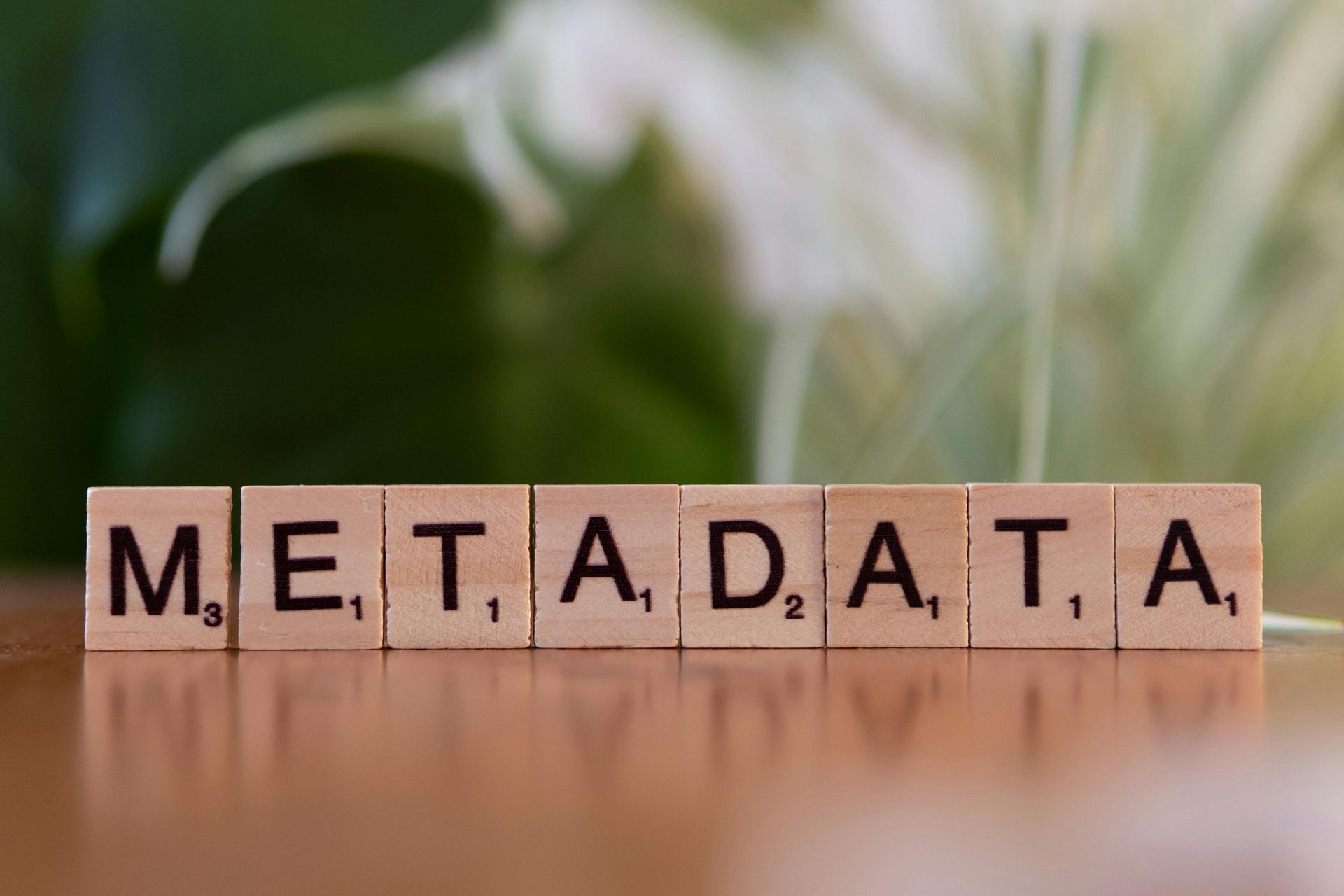Five Ways Your Team Can Minimise Email Dependence
Introduction
The sheer volume of email can be a significant drain on productivity. Hours are often consumed by drafting, sending, sorting, and searching through a barrage of messages. This constant engagement with email diverts attention from core responsibilities and more strategic work. Furthermore, utilising email for the exchange of sensitive information and critical documents introduces considerable security risks with unencrypted emails being susceptible to interception. Vital documents can become buried within lengthy email threads, making their retrieval a cumbersome and often frustrating task.
This blog post will delve into how M-Files, a sophisticated information management platform, presents a more efficient and secure approach to managing many tasks traditionally handled through email. By capitalising on specific functionalities, organisations can lessen their reliance on email, recover valuable time, and bolster their data security.
Here are five M-Files features designed to help your team reduce email overload:
1. Centralised task management with M-Files Assignments
How often do you find yourself sending emails to delegate tasks and subsequently sending follow-up messages to check on their progress? M-Files incorporates a direct Assignment feature that efficiently moves information and accountability for task completion to designated individuals. Instead of composing an email outlining the details of a task, you can generate an Assignment object directly within M-Files and allocate it to the appropriate user or user group.
Consider this: Consider the scenario of needing to have a crucial sales proposal reviewed by several team members. Instead of attaching the document to an email and sending it to each reviewer, followed by separate emails chasing their feedback, you can create a single Assignment in M-Files. The proposal document can be linked to this assignment, and the relevant colleagues can be added as assignees.
Each person will see the task in their personal "Assigned to Me" view within M-Files and can mark the assignment as complete once their review is finished.
The system can also automatically send reminders if a deadline is approaching, eliminating the need for manual follow-up emails. Once all assignees have completed their part, designated individuals, defined in the Monitored by field, can receive automatic notifications.

2. Automated information flow with M-Files workflows
The process of obtaining approvals and managing document reviews through extensive email exchanges is a well-known impediment to efficiency. M-Files Workflow Automation streamlines document-centric processes by ensuring that information progresses smoothly and automatically through predetermined stages.
Consider this: Envision the process for releasing new marketing materials. Traditionally, a draft might be emailed to various departments for their feedback, leading to multiple replies with potentially conflicting comments. With M-Files workflows, a defined route for this process can be established.
Once a marketing draft is ready, it is submitted to the designated workflow, which then automatically delivers it to the necessary reviewers within their M-Files interface. Reviewers can provide their input directly within M-Files, and the workflow will automatically advance the document to the next step, such as legal review or final approval, without the need for any emails to manage the routing or consolidate feedback.
3. Secure external content sharing with M-Files Hubshare
Sharing sensitive documents and collaborating with external parties like clients or other external collaborators via email presents both security vulnerabilities and challenges in maintaining version control. M-Files Hubshare offers a secure and tailored platform for external content collaboration.
Consider this: Instead of emailing confidential project blueprints back and forth with a client, you can establish a dedicated Hubshare portal specifically for that project. Within this portal, you can securely share the necessary documents directly from your M-Files vault, precisely control access permissions, and maintain all communication and document versions in a centralised and auditable environment.
This approach mitigates the risks associated with email attachments and ensures that all stakeholders are working with the most current information, thereby reducing the need for clarification emails regarding document versions. Better still, if one of your team makes a change to the blueprints, M-Files can automatically notify the client that changes have been made. Even more time saved on email!

4. Automated email sending
Part of the Compliance Kit family of add-on modules, M-Files Advanced Notifications allow you to automatically send emails to internal or external recipients automatically, when user-defined conditions are met. The look and feel of emails sent from this module can be easily customised.
Consider this: Your organisation is responsible for overseeing professional accreditation of engineers in New South Wales. When an engineer’s professional accreditation is due for expiry, M-Files Advanced Notifications can be used to automatically send an email reminder to the engineer, using the metadata stored on his or her details in the M-Files database. M-Files can be used to automatically notify the engineer that they need to provide certain information, whilst an internal staff member can be notified that they need to initiate renewal tasks for that engineer.

5. Co-authoring in Microsoft applications
Rather than emailing a document to a colleague to work on, M-Files has a co-authoring feature that enables users to synchronously collaborate on a document in real time. All a user needs to do is check a document out of M-Files and invite their co-author to join them to work on the document. At the time of writing, M-Files co-authoring is supported using Microsoft web-based tools such as Word for the Web and Excel for the Web.
M-Files: Marginal gains that add up
M-Files provides a comprehensive suite of features specifically designed to optimise information management and automate critical business processes. These features represent a wide array of marginal gains that give your team their time back. By effectively leveraging M-File features such as Assignments, workflows, Hubshare, automated email notifications, and co-authoring, your team can significantly decrease the time they spend on managing email correspondence.
If you are ready to transition away from email-centric processes and unlock valuable time for your organisation, we encourage you to contact Innovative Content Management today to discover how M-Files can be implemented to meet your specific needs.
More Articles




Contact Us
sales@innovativecontent.au
